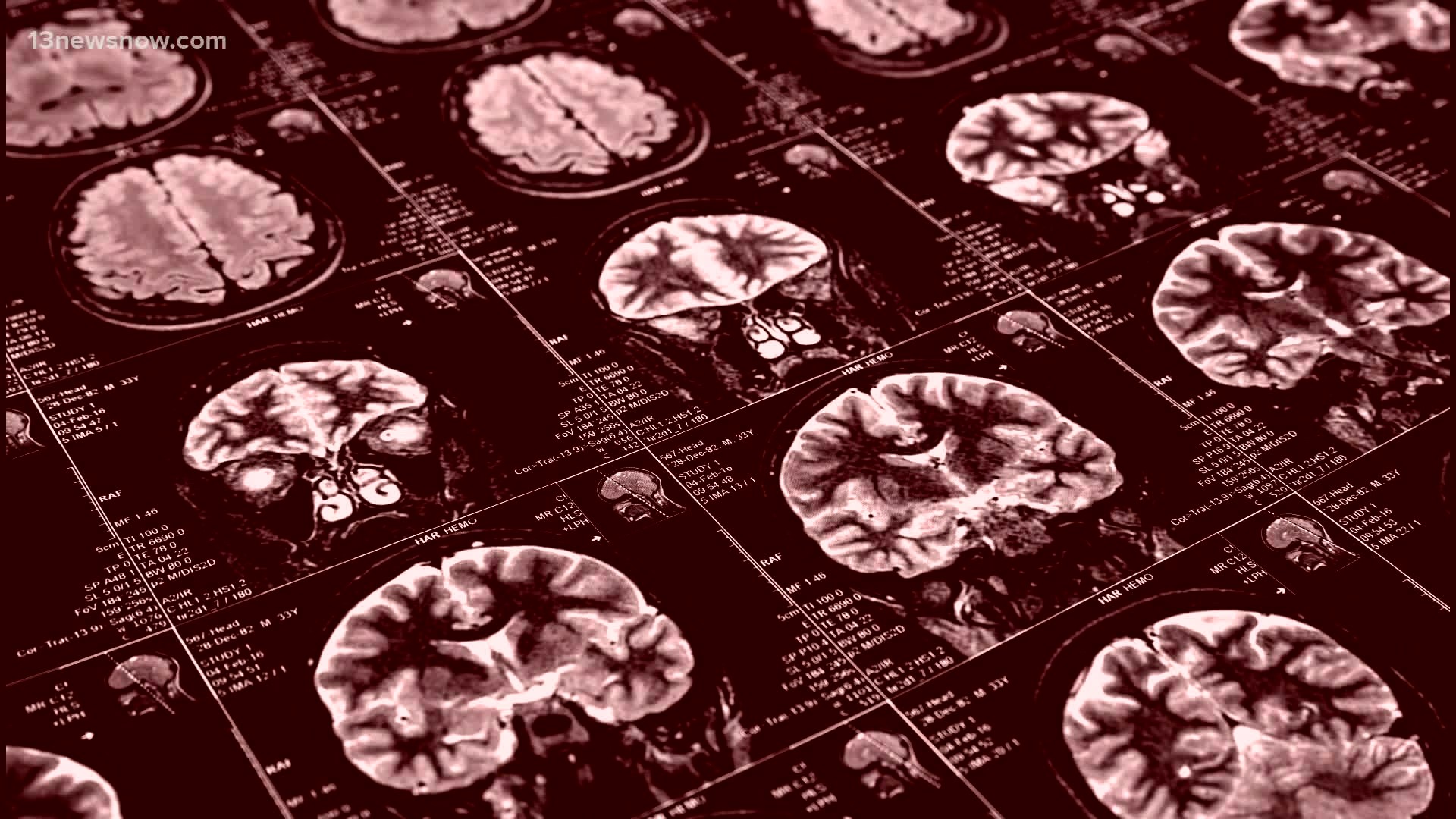VIRGINIA, USA — More than a year after the coronavirus pandemic began, scientists are just beginning to get a clearer picture of the long-term effects people suffered from the virus.
A new study published in the Lancet Psychiatry Journal Tuesday found one in three (33.6%) of COVID-19 survivors had a brain or psychiatric condition within six months of contracting the virus. The study involved 236,379 patients diagnosed with COVID-19.
Among those patients, about one in eight (12.8%) were diagnosed for the first time with such an illness. Anxiety and depression were the most common.
University of Virginia Infectious Disease Professor Dr. Bill Petri said the finding is significant.
“About one out of eight patients had something new that they noticed when they were seen in a follow-up. Overall, about a third of the patients had some neurologic diagnosis, but the majority of that was pre-existing, before COVID,” said Petri. “What remains to be seen is how much of that is due to a direct effect of the virus versus how much of that is due to just being seriously ill and being in the hospital."
"We’re just beginning to understand what the neurologic consequences are of COVID-19, so this is a good first step," Petri continued.
Additionally, researchers found concerning rates of serious neurological complications, especially in patients who developed severe illness from COVID-19. Among the patients included in the study, 0.6% developed a brain hemorrhage, 2.1% an ischemic stroke, and 0.7% developed dementia.
Petri said you should look out for your family members who have had COVID-19 even months after they’ve recovered.
“What’s important is that whenever a family member is being discharged is to talk to the nurse, talk to the hospital and understand how has the illness impacted your family member?” said Petri. “It might be just being aware of intermittent confusion and delirium that is such a problem with hospitalized patients.”
Petri and a team of researchers at the University of Virginia have their own studies underway to better understand how the virus affects your central nervous system.

